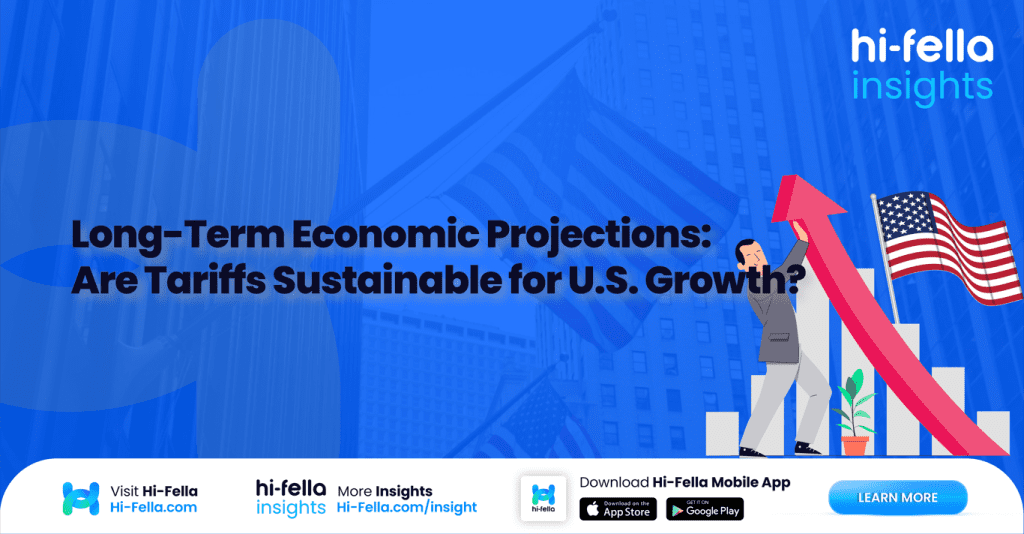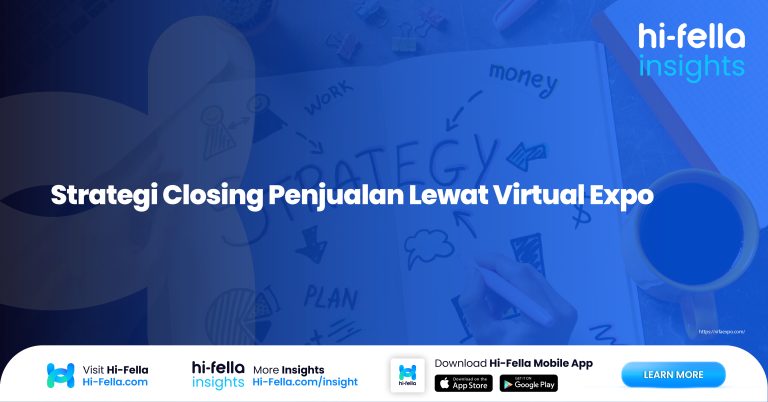Okay, let’s put on our thinking caps – the really shiny, slightly oversized ones – and delve into the economic pièce de résistance (or perhaps, pièce de résistance?) known as tariffs, and whether they’re the secret sauce or just expired ketchup for America’s long-term economic growth. Gather ’round, ye seekers of economic enlightenment (and perhaps a chuckle or two).
Picture this: Uncle Sam decides he wants you to buy more Made-in-USA widgets. So, he slaps a hefty entrance fee – a tariff – on all those suspiciously affordable widgets arriving from Elsewhere-istan. Simple, right? Make foreign stuff pricier, and voilà, everyone buys local! Except, as any self-proclaimed genius (like yours truly) will tell you, the economy is less like a simple light switch and more like a Rube Goldberg machine designed by a committee of caffeinated squirrels.
Pull one lever, and you might get the desired effect… or you might set the curtains on fire and accidentally launch the cat into orbit.
So, Can We Build a Wall of Taxes Around Prosperity? A Deep Dive (Hold Your Nose)
The idea that tariffs are a sustainable engine for long-term growth gets a bit wobbly when you poke it with the pointy stick of economic reality. Let’s dissect this fiscal beast:
The Great Wallet Squeeze: Consumers Get That ‘Paying More for Less’ Feeling
Tariffs are essentially a consumption tax in disguise, often a rather poor disguise, like putting sunglasses on a potato. When imports get more expensive, someone has to pay. Spoiler alert: it’s usually you. Either you pay more for the imported good, or the domestic equivalent (if it exists) suddenly feels emboldened to hike its prices because its main competition just got kneecapped.
Recent economic crystal balls (okay, models) suggest these price bumps aren’t trivial, potentially costing households thousands annually. That’s less money for avocado toast, artisanal cat sweaters, or, you know, boring stuff like rent. Sustainable? Only if your idea of sustainable living involves eating ramen three meals a day.
Business Blues: When Your Supply Chain Gets a Migraine
Remember that Rube Goldberg machine? Many American businesses rely on imported parts – metals, microchips, mysterious goo – to build their own widgets. Slap tariffs on those inputs, and suddenly, building things domestically gets more expensive. Our own manufacturers become less competitive, not just against foreign firms, but even against domestic rivals who might have a different (or luckier) supply chain. It’s like trying to win a race by putting lead weights in your own running shoes. Investment decisions get foggy, expansion plans get shelved, and the whole engine of commerce starts to sputter.
The International Tit-for-Tat Tango: Retaliation Station
Shockingly, other countries don’t particularly enjoy having their goods taxed arbitrarily. They tend to respond not with thoughtful letters, but with their own tariffs, aimed squarely at iconic American exports. Suddenly, Iowa farmers can’t sell soybeans, Kentucky distilleries find their bourbon bottlenecked, and Boeing finds fewer buyers for its big shiny planes.
It devolves into an economic slap-fight where everyone gets bruised, and the initial goal (helping US industry) gets lost in the escalating chaos of “You taxed my steel!” “Yeah? Well, you taxed my motorcycles!”
The Molasses Effect: Gumming Up the Gears of Efficiency
Free(ish) trade, for all its complexities, generally lets countries specialize in what they’re good at. America might excel at making software and wide-body jets, while another country is brilliant at making t-shirts or assembling electronics. Tariffs disrupt this. They prop up less efficient domestic industries that can’t compete on a level playing field and pull resources (smart people, valuable capital) away from the industries where America actually holds a competitive advantage.
It’s like forcing your star quarterback to play offensive line – they can do it, but it’s a terrible waste of talent and unlikely to win the Super Bowl. Long-term growth thrives on efficiency and innovation, not on protecting the economically sluggish.
Honey, I Shrunk the GDP! The Big Picture Headache
Add up the higher costs for consumers, the increased expenses for businesses, the damage from retaliation, and the drag from inefficiency, and what do you get? Most economic models (even the ones that disagree on the exact shade of beige for the office carpet) point towards tariffs leading to lower overall economic output (GDP) in the long run. While tariff revenue flows into government coffers, the economic damage inflicted across the board tends to be significantly larger.
It’s like selling your furniture to pay the rent – you solve one problem temporarily but create a bigger, emptier one down the line. Projections consistently show a permanent reduction in the potential size of the U.S. economy under broad tariff regimes.
The Innovation Evaporation Act
Why invest billions in R&D for a world-beating product if tariffs suddenly make your key components exorbitantly expensive or slash your potential export markets via retaliation? Access to global markets and global supply chains fuels ambition and justifies massive investments.
Tariffs shrink those horizons, making companies more cautious. They might stick to safer, smaller bets instead of swinging for the innovative fences that drive real, long-term productivity gains – the actual engine of sustainable growth.
The Verdict: Sustainable Strategy or Expensive Stunt?
While tariffs might offer a fleeting, targeted benefit to a specific, politically favoured industry (often at immense cost elsewhere, like the $800,000 per job cost estimated for washing machine tariffs!), the overwhelming economic consensus and projections suggest they are not a sustainable path to robust, long-term U.S. economic growth.
They introduce friction, inefficiency, and uncertainty, invite costly retaliation, and ultimately act as a drag on the innovation and productivity that truly power prosperity. It’s less of a genius long-term strategy and more like trying to fix a leaky faucet by blowing up the plumbing. Hilarious in theory, perhaps, but rather messy and counterproductive in practice.
Future-Proofing Trade in a Tariff-Heavy World
While tariffs may offer short-term protectionism, long-term projections suggest a more complex outcome for U.S. growth—especially as global partners adapt, retaliate, or forge new trade alliances. As the world navigates the economic consequences of sustained tariff regimes, businesses must start thinking beyond borders and beyond politics—toward strategic flexibility and diversified trade networks.
That’s where hi-fella steps in. As a leading export-import platform and online exhibition space, hi-fella empowers suppliers and importers to discover new markets, reduce dependency on volatile trade routes, and connect with global partners who value long-term collaboration. In an era of shifting economic tides, hi-fella helps your business stay anchored—while reaching further.








